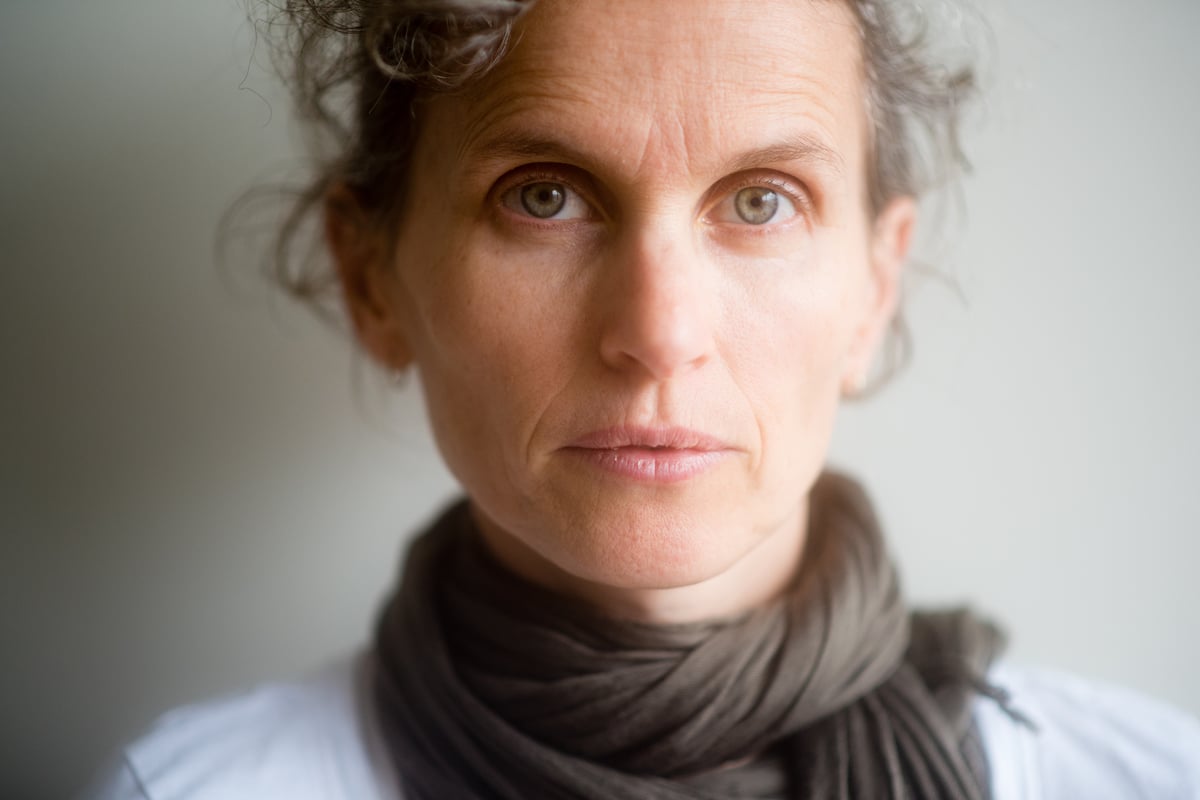
"When hope dies, action begins." — Derrick Jensen
I have been without my youngest daughter in my life for over nine years, and I know a thing or two about hope. When a beloved child removes themselves from our lives there is an avalanche of emotions — grief, bewilderment and shame.
Beneath all these there is always hope that our child will return to our lives. We are suddenly living in a space of waiting that is filled with desperate hope. It feels like hope is all we have.
Side note: Here are the horoscopes and self-care. Post continues below.
The thing is, hope can be like being locked in a room when someone else has the key — someone who has walked off with it and may or may not ever come back. So we have to make a choice. Remain a prisoner to hope, or set ourselves free and move on with our lives.
I spent the first few years of estrangement writing letters, emails and sending gifts — then waiting for a reply. I was so hopeful. I always thought, "This time. This is the time. This will be the thing that opens the door." The anguish of hearing nothing back was too much to bear.
So, finally, I gave up on hope. That does not mean I have given up on my daughter or the possibility of a reconciliation. What it does mean is that I replaced hope with a willingness to accept my experience as it is. Hope required that I want things to be different. Acceptance enables me to relax into what is.

Top Comments